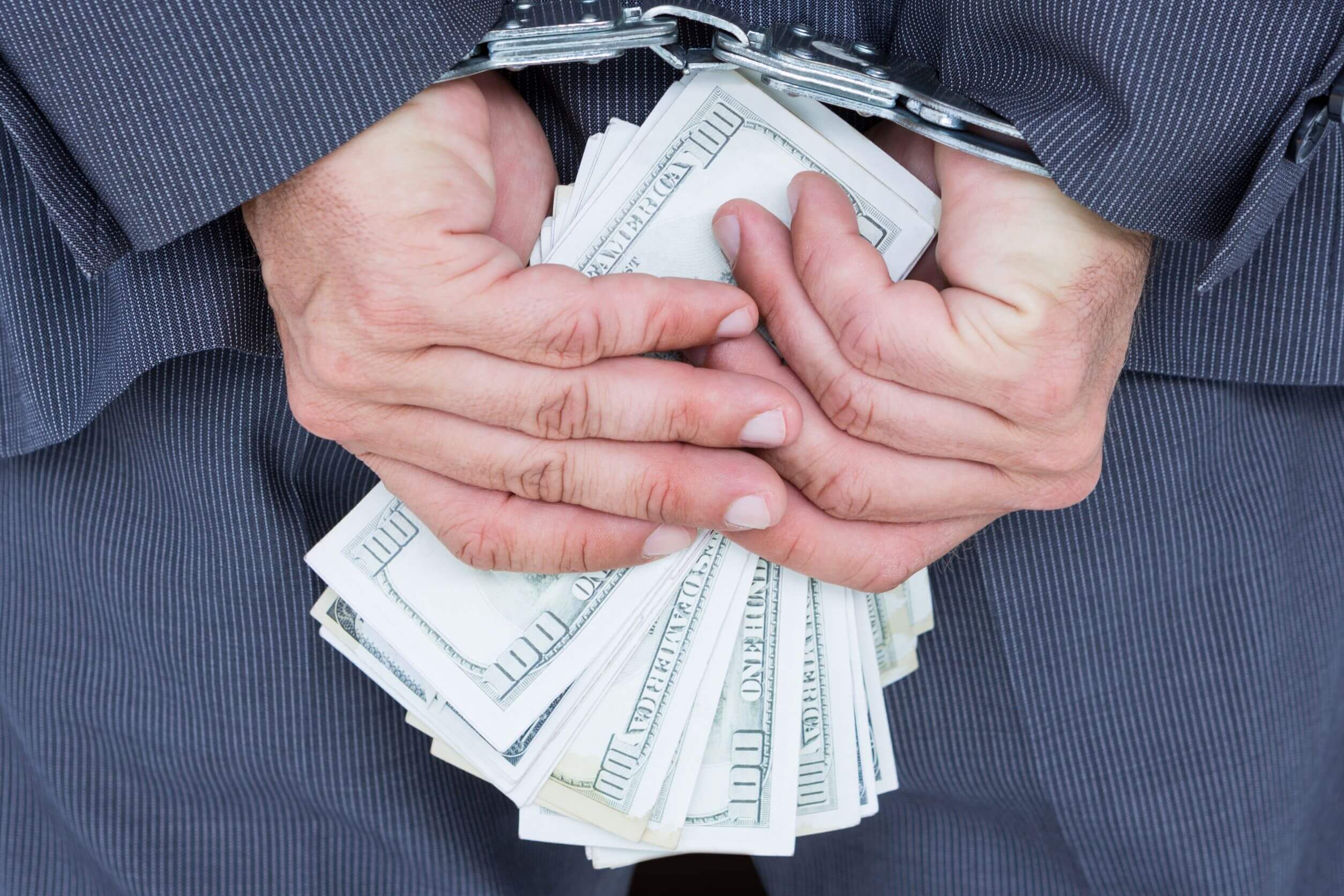The Supreme Court majority continued in relevant part: This case involves James Snyder, who is the former mayor of Portage, Indiana. In 2013, while Snyder was mayor, Portage awarded two contracts to a local truck company, Great Lakes Peterbilt, and ultimately purchased five trash trucks from the company for about $1.1 million. In 2014, Peterbilt cut a $13,000 check to Snyder. The FBI and federal prosecutors suspected that the payment was a gratuity for the City’s trash truck contracts. But Snyder said that the payment was for his consulting services as a contractor for Peterbilt. A federal jury ultimately convicted Snyder of accepting an illegal gratuity in violation of §666(a)(1)(B). The District Court sentenced Snyder to 1 year and 9 months in prison. On appeal, Snyder argued that §666 criminalizes only bribes, not gratuities. The Seventh Circuit affirmed Snyder’s conviction.
Section 666 proscribes bribes to state and local officials but does not make it a crime for those officials to accept gratuities for their past acts. Six reasons, taken together, lead the Court to conclude that §666 is a bribery statute and not a gratuities statute—text, statutory history, statutory structure, statutory punishments, federalism, and fair notice.
The statutory text strongly suggests that §666—like §201(b)— is a bribery statute, not a gratuities statute. The dividing line between §201(b)’s bribery provision and §201(c)’s gratuities provision is that bribery requires an official to have a corrupt state of mind and to accept (or agree to accept) a payment intending to be influenced in an official act. Section 666 shares the defining characteristics of §201(b)’s bribery provision. By contrast, §666 bears little resemblance to §201(c), which contains no express mens rea requirement.
The statutory history reinforces that result. When enacted, §666 borrowed language from §201(c), the gratuities statute for federal officials. Two years later, Congress amended §666 to model it instead on §201(b), the bribery statute. It would be strange to interpret §666, as the Government suggests, to mean the same thing now that it did before the amendment.
At first glance, this opinion seems to open the door for the legalization of bribes so long as the bribe is not given until after the official conduct occurs. A closer reading confirms that giving the equivalent of a bribe after official action occurs is still an illegal “gratuity.” The use of the word “gratuity” creates confusion because it does not carry the negative connotation that “bribe” does.

